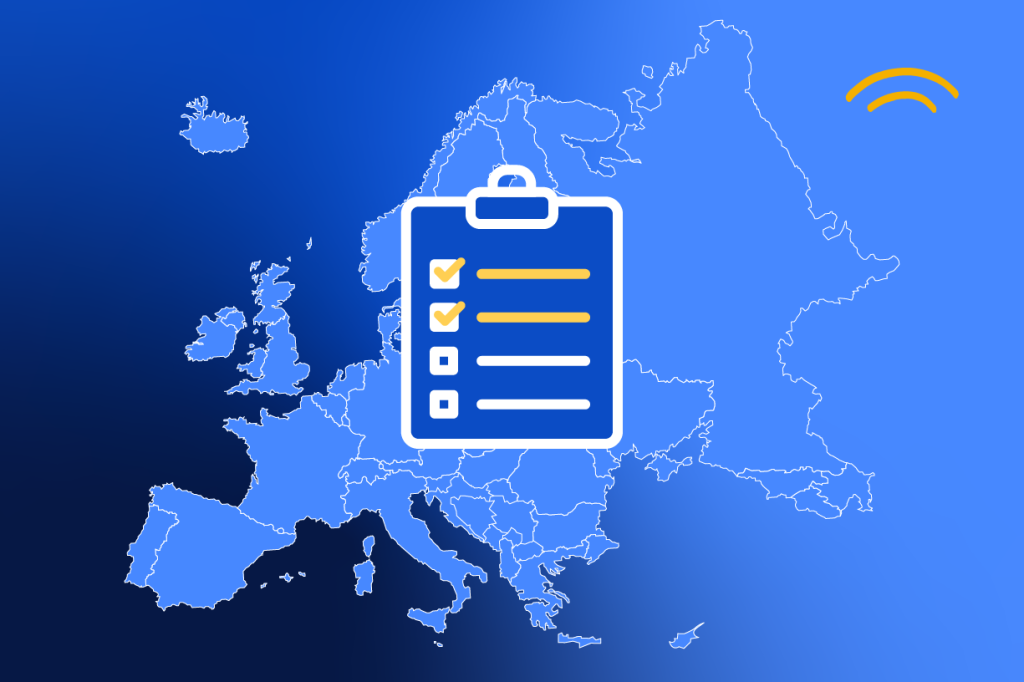
This week’s spotlight is on Extended Producer Responsibility (EPR), a key policy mechanism that places the environmental impact of products squarely in the hands of producers, from creation to end-of-life.
As global sustainability efforts accelerate, EPR is playing an increasingly important role in driving the shift toward a circular economy. Governments and regulators worldwide are tightening their frameworks, encouraging businesses to design products with sustainability in mind and to take greater ownership of waste and recycling processes.
But how can companies effectively navigate this complex and evolving regulatory landscape? To help, we’ve curated a set of essential resources offering a clear overview of EPR obligations, practical implementation strategies, and policy insights.
1. What is Extended Producer Responsibility (EPR)?
Start with the fundamentals. This guide from Business.gov.nl provides a clear introduction to EPR, detailing how it shifts post-consumer waste responsibility onto producers. It outlines compliance requirements across key sectors such as packaging, electronics, and textiles—ideal for businesses wanting a foundational understanding of EPR.
📌 Read here: EPR: Producers Responsible for Waste from Used Products
2. EPR and Sustainable Packaging in the EU
Explore how EPR is influencing packaging policies across Europe with insights from EUROPEN. This resource highlights how EPR supports more efficient packaging waste management and explains how companies can align their practices with evolving EU sustainability goals.
📌 Read here: EPR and Packaging Policies in the EU
3. EPR for Plastics: Addressing Waste and Litter Reduction
Plastic pollution remains one of the world’s most pressing environmental issues. This resource from Business.gov.nl dives into how EPR legislation addresses plastic litter and encourages the adoption of more sustainable packaging materials. A must-read for companies producing or managing plastic waste.
📌 Read here: EPR and Plastic Litter
4. OECD’s Global Insights on EPR Implementation
Looking for a global view? The OECD’s comprehensive report reviews EPR programs around the world, offering insights into best practices, regulatory models, and opportunities to drive resource efficiency. Perfect for international companies seeking to future-proof their sustainability strategies.
📌 Read here: OECD Report on Extended Producer Responsibility
By understanding and implementing EPR, businesses can take meaningful steps toward sustainable waste management while ensuring compliance with evolving regulations.
How Dayrize Can Help?
We understand the growing complexity of EPR obligations. That’s why the Dayrize platform now includes a dedicated EPR Reporting Dashboard, designed to simplify compliance tracking across product portfolios.
Whether or not businesses have complete primary data, Dayrize’s technology delivers actionable insights into packaging composition, recycled content, compostability, and more. It helps identify key material drivers behind compliance gaps and pinpoints areas for improvement.
For an in-depth demo of our EPR tool, visit our regulatory compliance page : https://dayrize.io/regulatory-compliance/
For more sustainability insights and updates, follow us on LinkedIn or subscribe to our newsletter.

